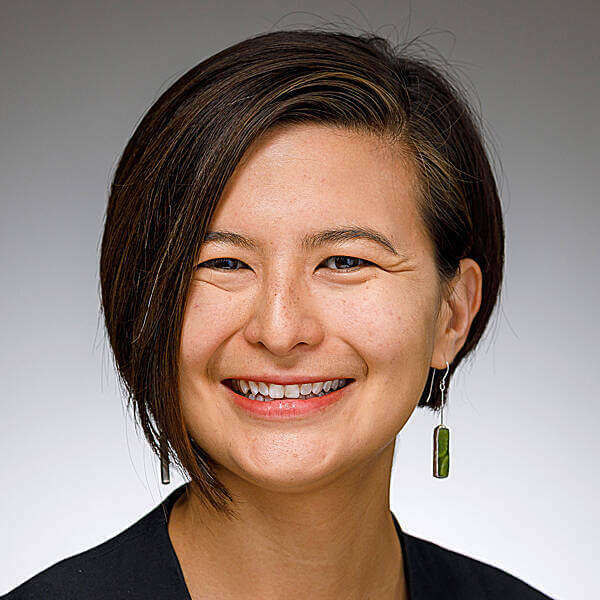Meaningful symbolism
May 6, 2021
My PhD is in Chinese literature. So for a long time, I assumed what I would be teaching was sort of like literature and translation, or maybe even Chinese language classes to students who were American, and maybe a couple of heritage speakers. I didn't really think that I would get the chance to have a job as perfect as the one I have at Notre Dame, where I get to teach my subject area, because Chinese theatre is a pretty niche topic. So I think it's really helped because it makes me having had this dual experience of like growing up in the United States and understanding my identity to be mixed, but really feeling very close to the Chinese American side of my family, but also having the experience of being an American and a foreigner and somebody who reads as like, maybe has Chinese ethnicity, but definitely as an American, to people in other countries has made me really conscious of the way that both our own identities and our position in relation to other cultures affects how we interpret what we see. So that’s something I try to bring attention to in my classes.
Right after the Atlanta shootings, I was asked by a colleague of mine to read a prayer at the prayer service that was held in memory of the victims. And that was really memorable to me. First of all, because I'm not super engaged with religious life on campus in general. And so it led me to see a part of student life that I don't usually participate in. And also because it was this really interesting moment of — and I don't mean this in a bad way at all — but clearly, it was appropriate to ask me because I am an Asian American woman to read a prayer at the service. And they also really wanted a faculty member there. And I teach Asian Studies, I'm affiliated with the Liu Institute. So there were lots of reasons why it made sense to pick me but also, there's like, a, it's a little bit of a tokenizing, or stereotyping, move also. And so it was just a very memorable for me, because I was thinking to myself, nobody means this in a bad way. And it is absolutely appropriate. But also, there's like, if I were teaching this in class, I would want to reflect on all these different layers of it. And you know, what ended up being most important for me is I really wanted to be there for my students. And I actually do think that's an instance in which having tokenized representation is weirdly beneficial, because having that face and that voice, saying that prayer means something to people.
And so I think like when we when we think about things like stereotypes, and tokens and symbols and signs, like they have positive and negative meanings, and that's one of the things that makes it all so complicated is that in those moments, you do need somebody who means a certain thing, even if nobody, even if you don't know who I am, as a professor having an Asian American face up there matters to the students. So that was memorable for me, just because it made me think a lot about my own identity and being very visible in my identity. Whereas usually, I don't think people, I don't read as...my identity doesn't define me in front of my classroom, for example, like my expertise defines me in front of my classroom. And that was a moment where my identity defined me for students who didn't know me, and so that was just a very interesting experience for me.

Tarryn Chun
Tarryn Chun is an assistant professor in the department of Film, Television, and Theatre.